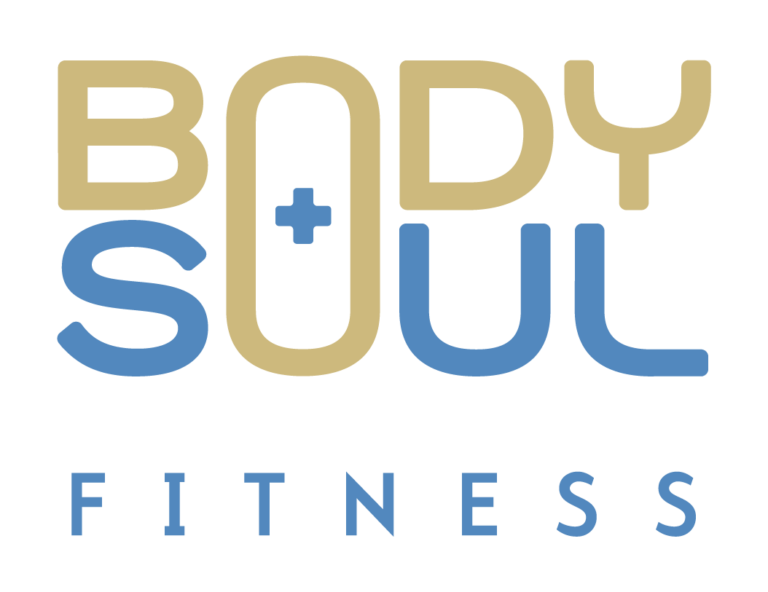One More Adjustment in The Morning To Make
We have worked through many of the changes you can make to your morning routine to help improve your sleep quality at night, but there is still one adjustment you can make: exercising in the morning.
1. Stress Hormones To Be The Highest In The Morning
First, when you exercise at a moderate to vigorous level, your body releases stress hormones. This isn’t necessarily a bad thing because these stress hormones will help give you energy, and burn fat..You want your stress hormones to be the highest in the morning, and gradually decline over the course of the day, so they’re at their lowest level by the time you go to bed. Many people, when measured, have low levels of stress hormones in the morning which can cause low energy, and leave you feeling sluggish – not the best way to start your day. Exercising in the morning can coax your body into producing these hormones, thus restoring the natural rhythm of them throughout the day.
2. Avoid Large Compound Movements
However, there are some limitations to training in the morning. Typically, I don’t recommend loading the spine through large compound movements, like barbell squats or deadlifts, upon 1-2 hours of waking up. The reason being, there hasn’t been enough time and movement for your spine to prepare to accept significant weight. You can still train, just be mindful of what exercises you choose. If you have questions, please feel free to reach out or leave a comment. nsmitters, which are important brain chemical messengers, can wake you up, wind you down, determine your mood, set your energy levels, and motivation. We can choose different foods to help maximize the effectiveness of your brain chemistry which will make you feel better.
3. Try Working Out Early As Possible
The reason to train in the morning is the reason not to train in the evening. Exercising too late in the day can be stimulating to both your body and mind, and can negatively affect your sleep. If your schedule only permits you to exercise in the evening, then you may need to make additional changes to help offset that workout.
If you can’t exercise early in the morning, still try and get a workout in as early in the day as possible.
In general, exercise will make us more tired in the evening and has been clinically shown to increase total sleep time. You probably already notice the effects of a good workout by sleeping better that night. Now, you should be more cognizant of the reasons why.
In this 10-part sleep series, personal trainer Chris Munro emphasizes the importance of getting enough nightly zzz's and regulating your sleep cycle. Explore how to improve your quality of sleep from the moment you wake up until your head hits the pillow.
Explore why regulating your internal clock, or staying consistent with what time you wake up at in the morning is crucial for your health. It will also discuss why using the alarm on your phone is not good sleep practice.
Chris discusses how and why light exposure in the morning, as opposed to sound, can be a great first step in sleep improvement and help you feel better.
Is it really that important to eat breakfast? What about intermittent fasting diets - are they healthy? Chris discusses why it’s bad practice to skip a morning meal, the detriments it can have on your sleep patterns and healthy foods to eat for breakfast.
Do you tend to feel sluggish in the morning? Chris explains how exercising in the morning will not only improve your energy levels throughout the day, but also help your quality of sleep at night.
Chris discusses how to monitor and limit your caffeine consumption so you can still drink coffee without ruining your sleep patterns. He also reviews an average daily step count goal, and the importance of staying active outside of your workouts.
Alcohol makes me drowsy, but does it help me sleep better? Chris outlines a few guidelines for what you should aim to eat and drink in the evening to ensure optimal sleep quality. He explores the negative impact drinking alcohol too close to bed will have on your nightly rest.
Are you on your cellphone and/or iPad late at night? Chris explores how artificial light, including electronics, should be avoided in the evening, and details tips to decrease your exposure.
Chris looks into the many things you can do right before bed, and during sleep that will help you fall asleep faster and improve the quality of your nightly zzz’s. He will touch on things like bedroom temperature and light, routine, and activities to do.
In this final video in this sleep series, Chris emphasizes the importance of consistency and routine. He also addresses a few common sleep problems, such as nighttime wake ups and how to avoid these.

